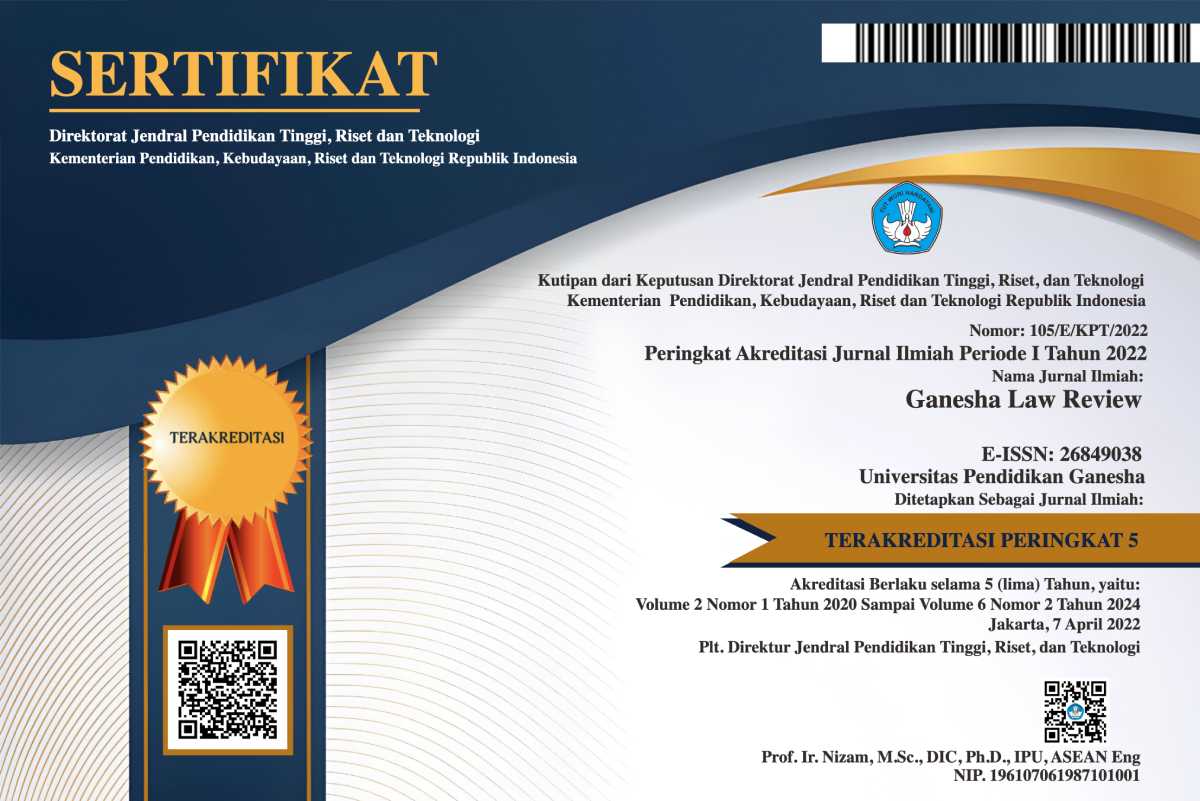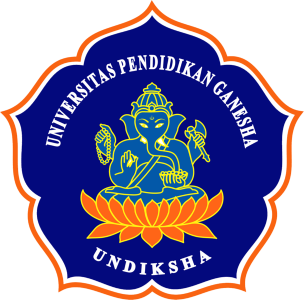PERLINDUNGAN HUKUM TERHADAP PENCEMARAN LIMBAH DI PASAR MANLEUANA KOTA DILI TIMOR LESTE BERDASARKAN DECRETIO-LEI 26/2012
Abstract
The Manleuana market waste problem in Timor Leste requires serious attention, because it causes a decline in the quality of the environment, endangers human health, and causes flooding. The responsibility of the state constitution as stated in Article 3 of the 2002 Constitutional Law/RDTL states that the State is obliged to take action aimed at protecting the environment and maintaining sustainable economic development. The method used in this research is normative juridical with a statutory approval approach. The research results show that the state has provided legal protection for waste management in general, this provision is contained in Article 61 paragraph (1) which regulates the right to a humane, healthy, and ecologically balanced living environment and to improve it for the benefit of future generations. Special provisions (lex specialist) are contained in RDTL, Decretio–Lei 26/2012 as basic environmental law in Article 2 (2), Article 7 (1) and (2), as well as Articles 12 (1), (2), and (3), which regulate that the state is obliged to comply with the provisions of the constitution and applicable laws and is obliged to preserve, protect, and improve the environment and the importance of community participation. However, this special provision is still an umbrella provision for environmental protection in general, there are no specific provisions that regulate the technical aspects of waste management in Timor Leste.







.jpg)
.png)




